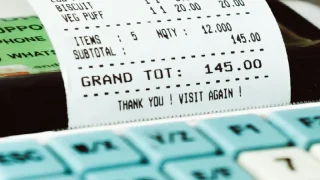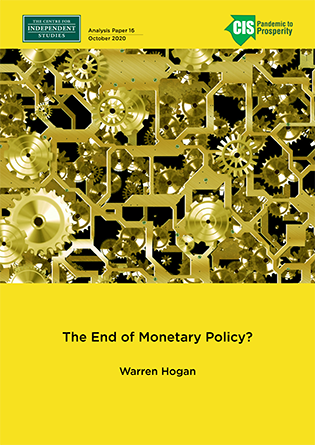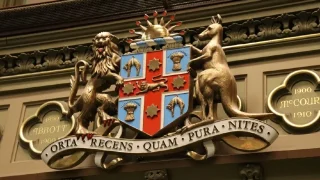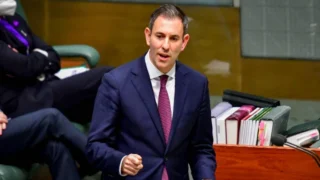

Monetary policy is not the answer to our economic problems; and central bank actions could be making matters worse.
This paper outlines that monetary policy in most advanced economies is suffering from overreach and has been for much of the past decade. Many of the problems economies face cannot be solved by easy money. They are structural, so can only be remediated through adjustments to economic arrangements, such as taxation, competition, industry and trade policy.
Over the past two decades there has been a loss of perspective about what monetary policy can and cannot achieve. It is a tool to impact demand in the economy in the short-term. It cannot impact demand over the long run nor can it influence the supply side of the economy — at least, not in a positive manner.
Easy monetary policies distort private sector decision making and ultimately reduce the productivity and efficiency of the economy.
The real question is whether in their attempts to solve the world’s problems, central bankers have inadvertently created bigger problems for themselves and the communities they serve. A real concern is that the magnitude of the economic and financial shock of 2020 may reveal some of the vulnerabilities created by the persistently easy monetary policies of the past decade.
More and more evidence is building of hidden costs to easy money that take time to reveal themselves. It remains to be seen how costly these ‘hidden costs’ will be. It may also be that excessively easy policy has plunged economies into a form of liquidity trap which they cannot extract themselves from without costly economic and financial re-structuring.









